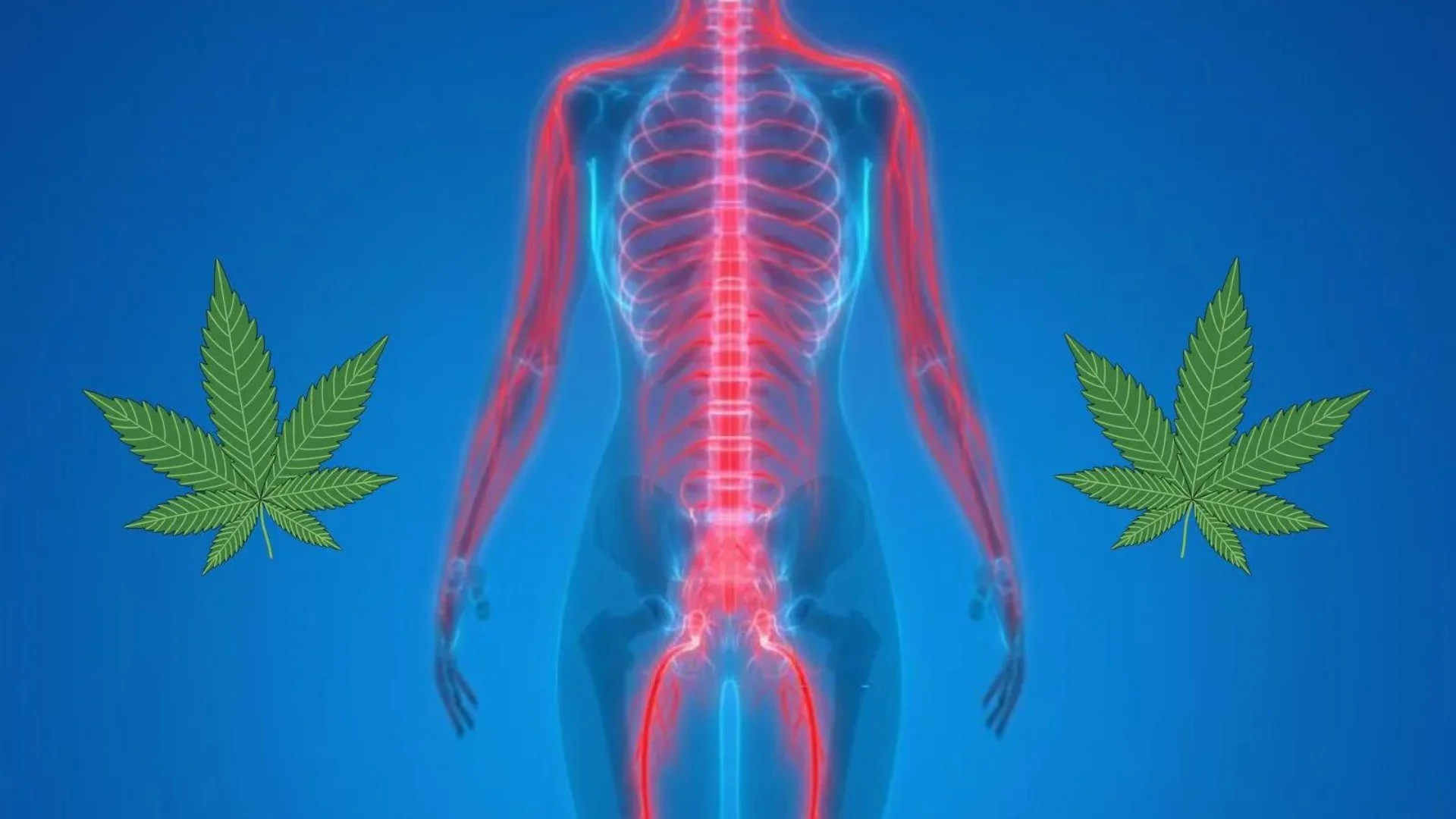
How long does marijuana stay detectable in urine after a single use?
For a single use, marijuana (THC metabolites) is often detectable in urine for about 1–3 days. :contentReference[oaicite:1]{index=1}
If someone uses marijuana regularly, how long can it remain detectable?
If use is frequent or heavy, THC metabolites can remain detectable in urine for many days and even weeks — sometimes 2–4 weeks or more — depending on frequency, body fat, metabolism and other factors. :contentReference[oaicite:2]{index=2}
What is the detection window for blood tests?
THC can often be detected in blood for a short time — typically up to 12–24 hours after use. :contentReference[oaicite:3]{index=3}
How long can THC be detected in saliva/oral-fluid tests?
Saliva or oral-fluid tests generally detect recent use: often up to 24–72 hours after last use, depending on how much and how often it was used. :contentReference[oaicite:4]{index=4}
What about hair-based drug tests — how far back can they detect marijuana use?
Hair tests usually offer the longest detection window — up to about 90 days (depending on hair length and growth) — making them useful for identifying use over several months. :contentReference[oaicite:5]{index=5}
Which factors influence how long marijuana stays in one’s system?
Factors include frequency and amount of use, potency of cannabis, metabolism, body fat percentage (because THC stores in fat), hydration, general health, and the sensitivity / cutoff threshold of the test. :contentReference[oaicite:6]{index=6}
Can second-hand marijuana smoke cause a positive test?
In normal passive exposure situations (e.g. being near smokers), it’s highly unlikely to cause a positive result under standard testing thresholds. Very extreme exposure (closed spaces, heavy smoke over long time) would be needed. :contentReference[oaicite:7]{index=7}
Do different consumption methods (smoking vs edibles) affect detection windows?
While routes of administration may affect onset or intensity of effects, detection windows mostly depend on dose, frequency, metabolism and other individual factors — so regardless of smoking or edibles, clearance time is similar. :contentReference[oaicite:8]{index=8}
Can exercising or detox methods shorten detection times?
There is no reliable scientific evidence that exercise, detox kits or rapid flushes shorten detection windows; since THC (and metabolites) store in fat tissue, the body needs natural metabolic elimination time. :contentReference[oaicite:9]{index=9}
Does a positive test mean the person is currently impaired?
Not necessarily. Many tests (especially urine and hair) detect metabolites that reflect past use, not current impairment — so a positive result does not prove someone is under the influence at the time of testing. :contentReference[oaicite:10]{index=10}

The question of how long marijuana stays in the system is a commonly asked one, as it holds significant implications for employees who are subjected to drug testing.
Marijuana, a widely used psychoactive drug, contains compounds such as THC (tetrahydrocannabinol) that can linger in the body after consumption.
This blog will talk about the various factors influencing the duration of marijuana detection in different drug tests, shedding light on a topic of great relevance in both medical and legal contexts.
Read related Blog
CBD vs. THC: What’s the difference?
The duration for which marijuana can be detected in the body varies based on several critical factors. Here's a closer look at the key factors that impact marijuana detection:
Regular and heavy users are more likely to have THC (tetrahydrocannabinol) metabolites stored in their body tissues for an extended period. In contrast, occasional or light users may eliminate THC metabolites more rapidly, leading to a shorter detection window.
Smoking or vaping marijuana results in a faster onset of effects, but the metabolites may also be eliminated relatively faster. On the other hand, when marijuana is ingested through edibles, the effects take longer to manifest, and the metabolites may linger in the body for a more extended period.
People with faster metabolisms tend to process and eliminate THC and its metabolites more rapidly than those with slower metabolisms. A faster metabolism can lead to a shorter detection window for marijuana.
THC is fat-soluble, meaning it can be stored in fat cells in the body. Therefore, individuals with a higher percentage of body fat may retain THC metabolites for longer periods, as compared to those with lower body fat percentages.
Studies suggest that gender may also influence marijuana detection times. Men tend to have a higher metabolic rate and lower body fat percentage than women on average. As a result, women may retain THC metabolites in their system slightly longer than men.
Different drug tests, such as urine tests, blood tests, saliva tests, and hair tests, have varying sensitivities and detection capabilities.
The detection time of THC can vary significantly depending on the type of drug test being used. Here's a general overview of how long THC can be detectable in different drug tests:
Urine Test: THC can be detected in urine for up to 30 days after the latest consumption for heavy users.
For occasional users, THC may remain detectable for up to 3-4 days after its last use.
Blood Test: THC is typically detectable in the blood for up to 2-7 days after the last use.
Saliva Tes THC can be detected in saliva for up to 24-48 hours after consumption.
Hair Test: THC can be detected in hair for an extended period, up to 90 days after consumption.
The length of time marijuana stays in your system varies based on factors like frequency of use, dosage, metabolism, and individual traits.
goMDnow helps employers adapt to legal marijuana by offering assistance in creating policies and conducting workplace drug testing. Contact us for 24/7 free consultation.